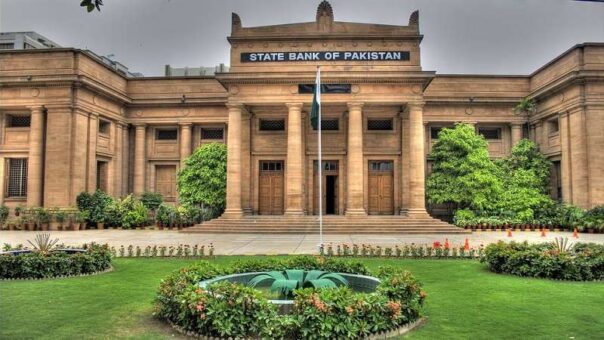Karachi, September 11, 2023 – Pakistan has witnessed a substantial decline in workers’ remittances, with inflows plummeting by over 21 percent during the first two months of fiscal year 2023-24.
Data released by the State Bank of Pakistan (SBP) on Monday revealed that workers’ remittances amounted to $4.12 billion during July and August of fiscal year 2023-24, compared to $5.26 billion during the same period in the previous fiscal year.
READ MORE: Unveiling the Benefits: Why Pakistan Should Demonetize the Rs 5000 Banknote
Analysts point to several factors contributing to this significant drop in remittances. First and foremost, the uncertain economic conditions both domestically and globally have discouraged expatriate Pakistanis from sending their hard-earned money back to their homeland. The pandemic-related disruptions, inflationary pressures, and economic uncertainties in key remittance-sending countries have played a role in dampening the flow of funds.
Exchange rate volatility has also contributed to the disappointment of Pakistanis living abroad. Fluctuations in exchange rates can impact the value of remittances when converted to Pakistani Rupees, potentially reducing the purchasing power of remittance recipients.
READ MORE: SBP Likely to Raise Interest Rate to Record High of 24%: Survey
Furthermore, the sharp fall in remittances continued into August 2023, with a 24 percent decline to $2.09 billion compared to $2.74 billion in the same month of the previous year. This sustained decline underscores the challenges faced by Pakistan in maintaining consistent and robust remittance inflows.
READ MORE: PKR Maintains Winning Streak Against Dollar for Third Consecutive Day at Interbank
Remittances from overseas Pakistanis have traditionally been a vital source of foreign exchange and a significant contributor to the country’s external finances. The decline in remittances could have adverse effects on Pakistan’s balance of payments, exchange rate stability, and the overall economic well-being of its citizens.
As the economic landscape remains uncertain, policymakers in Pakistan may need to take measures to address the concerns of expatriate workers and create a more favorable environment for remittance inflows. Additionally, efforts to stabilize the exchange rate and promote economic stability could help restore confidence among overseas Pakistanis and encourage them to continue supporting their families and the nation through remittances.
READ MORE: Pakistani Banks Raise Lending Cost to Record High at 24.62%
